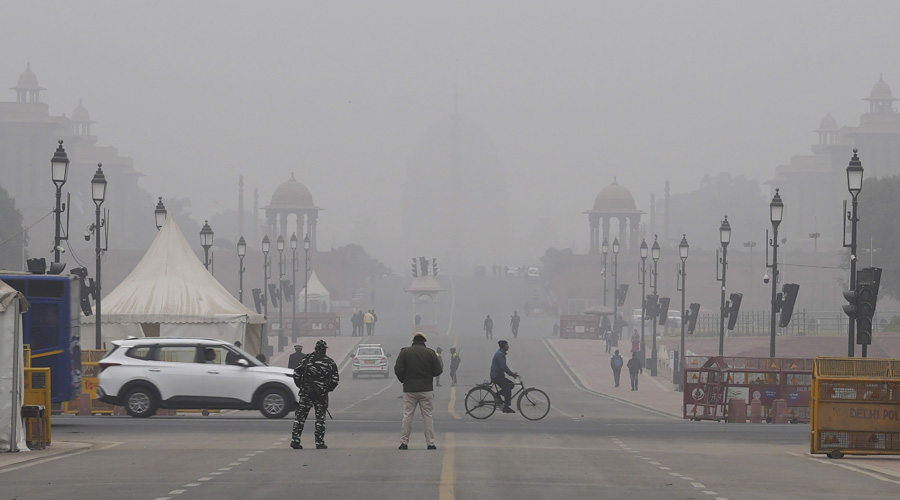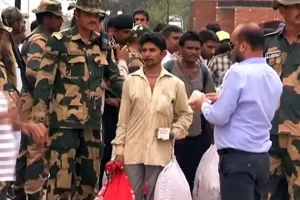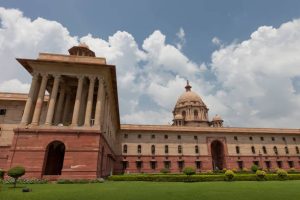New Delhi, Jan 8: The India Meteorological Department (IMD) has issued an orange alert for parts of Punjab, Haryana, Delhi-NCR, Uttar Pradesh and Bihar, warning of cold wave and severe cold day conditions for the next two days. The orange alert implies that authorities should be prepared to handle any situation arising out of severe weather.
According to the IMD, cold wave to severe cold wave conditions are likely in isolated pockets over these states, with minimum temperatures dropping below 4°C. Dense to very dense fog is also expected to reduce visibility and disrupt traffic in the night and morning hours. The IMD has advised people to avoid exposure to cold and take precautions against respiratory infections.
The cold wave is caused by the persistence of dry northwesterly winds blowing from the snow-clad Himalayas. The IMD said there will be no significant change in minimum temperatures over northern India during the next four days.
Meanwhile, the IMD has also forecast light to moderate rainfall over parts of southern and central India during the next three to four days. Tamil Nadu, Andhra Pradesh, Kerala and Lakshadweep are likely to receive heavy to very heavy rainfall at isolated places, while Maharashtra, Rajasthan and Madhya Pradesh may witness thunderstorms, lightning and hailstorm. The IMD has also advised fishermen not to venture into the coasts of Tamil Nadu, Southwest Bay of Bengal, Gulf of Mannar and Comorin Area due to squally weather and high wind speed.
The IMD has also predicted light rain and snowfall over the hilly regions of Jammu and Kashmir, Ladakh, Gilgit-Baltistan, Muzaffarabad, Himachal Pradesh and Uttarakhand on Monday. The weather system is likely to bring some respite from the cold wave in these areas, as the minimum temperatures may rise by 2-3°C after the precipitation.











Add Comment